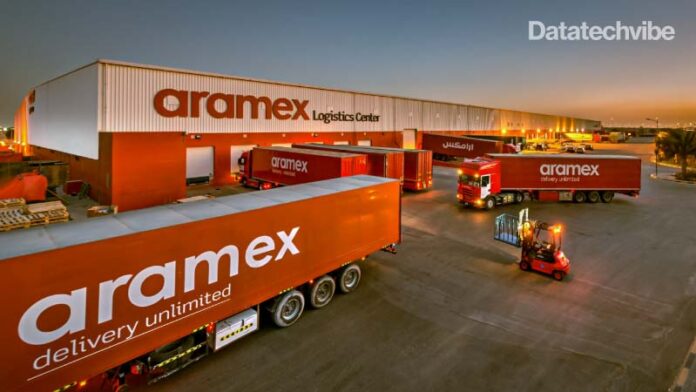Aramex, a publicly traded company on the Dubai Financial Market, recently teamed up with Rackspace Technology to help it enhance its on-premise data centre infrastructure with AWS Cloud. The transportation and logistics firm has streamlined its on-premise data centres with AWS Cloud to align its innovative culture to meet customer demand and expectations.
Founded in 1982, Aramex, offers a range of services including integrated logistics solutions, international and domestic express delivery, freight forwarding, secure records and information management solutions, and e-services, including e-business solutions and, shop and ship, has been an innovator in the Middle East region, able to manage the constant change and address the rapid pace of market demands and customer requirements.
The logistics and transportation specialist was previously linked to seven data centres across the globe, which supported over 60 on-premise applications. However, over the years it’s seen the industry go through significant change, primarily driven by the growth of e-commerce. To overcome these challenges and the high volumes of data being generated, transferred and shared across its network, and the growing need for increased agility, Aramex opted to optimise its on-premise data centres with AWS Cloud.
Also Read: Cloud Is Taking The Middle East By Storm
Mohammed Sleeq, Chief Digital Officer, Aramex, said Aramex chose to embark on a large enterprise Digital Transformation programme and chose AWS as its partner, with the goal of migrating the entire technology infrastructure from on-premise data centres to AWS Cloud in order to increase its agility, security and speed of innovation.
Through working with Rackspace Technology as its strategic implementation partner, Aramex has expanded the scope of the project to support in modernising its application portfolio across the board.
Taking advantage of Amazon SageMaker, a fully managed Machine Learning (ML) service for building, training and deploying Machine Learning models, Aramex in-house data science team built a data analytics and ML platform on AWS. To support moving its core IT backbone to AWS and in the transformation of the IT landscape through application modernisation, AWS recommended Rackspace Technology as a strategic partner to help Aramex accelerate our transformation and develop the design processes that would support future transformation.
According to Sleeq, one of the key elements the company has made sure to consider throughout the process is adopting a culture of innovation which will improve the experience it’s able to offer its customers. “As a result of growing customer expectations, we are strategically focusing on transforming the end to end experience with an emphasis on last mile visibility and predictive analytics, empowering customers with a next generation engagement experience and a robust layer of digital touch points.”
Over 60 per cent of Aramex’s business today comes from e-commerce customers. “We connect markets from various regions including China, US and Europe into our core markets, where we have the biggest last mile infrastructure. We are continuing to see consistent growth in e-commerce even through the pandemic, which has accelerated the growth of the sector,” Sleeq added.
Through working with Rackspace Technology, Aramex has expanded the scope of the project to support in modernising its application portfolio. Both teams are working collaboratively to design a reusable application architecture that will enable them to build cloud-native applications, both repurposing those already in operation and to support new applications in the future.
Sleeq said the data centre transformation journey that the company has undertaken is enabling the IT team to begin exploring how cloud-based Machine Learning models could advance the company’s logistics and transport processes on the ground. In our data lake, Aramex now has around 10.2TB of data powering five to six ML use cases on the cloud.
This generates over 450,000 predictions per day – each of which is generated in just 1.1125 milliseconds. With more than 10 million history tracking records generated every day, the deployment of microservices in these ML models will help automate more processes to drive greater efficiencies that help us optimise performance and cost.









